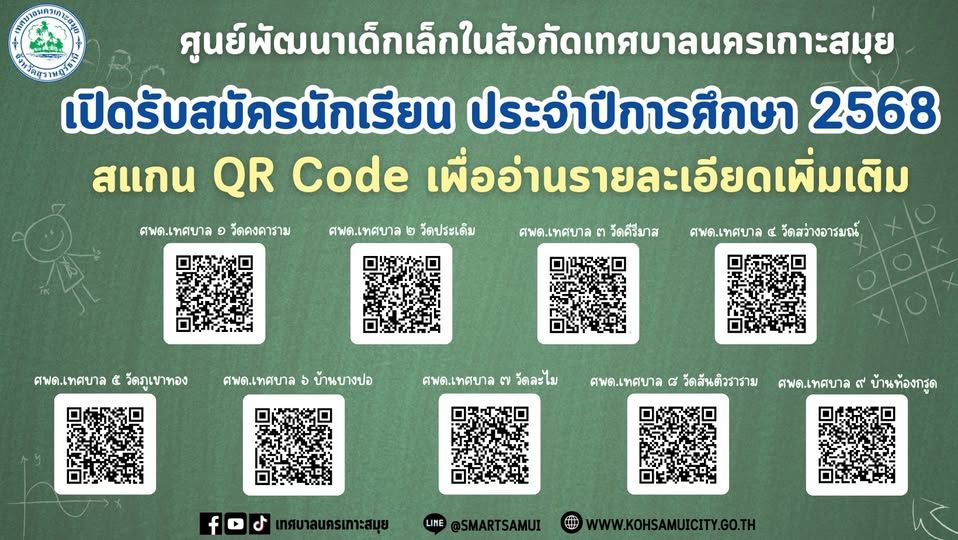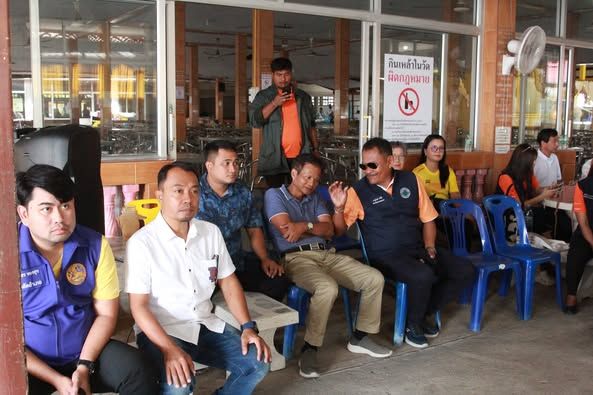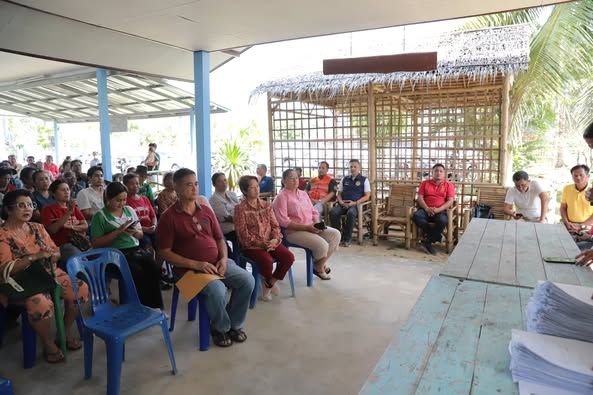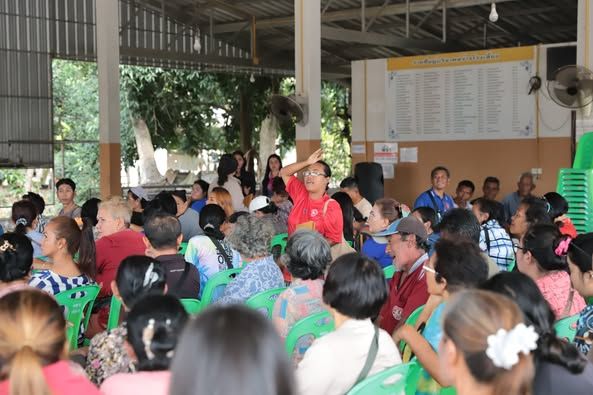Arrest of Chinese National and Accomplices
In a recent operation, officers from Provincial Police Region 5 and the Immigration Bureau arrested a Chinese national and 12 accomplices on charges of running an online scam. Pol Lt Gen Piya Tawichai, the Provincial Police Region 5 commissioner, reported that the arrest was made after receiving a tip-off about a group of scammers operating in Chiang Rai city.
Raid on Commercial Building
The police, armed with a search warrant issued by the Chiang Rai Provincial Court, raided a commercial building in tambon Rob Wiang in the Muang district, alongside the immigration police. The suspects were caught in the act of scamming their victims on computers. The gang leader, Chu Huaixiang, a Chinese national, was arrested along with 12 members of his team, which included both Thai and Chinese nationals. Police also confiscated computers found in the building.
Scam Tactics and Fake Profiles
The scammers created fake profiles on Facebook, using photos of attractive people they found online as profile pictures. These profiles were part of Facebook groups named “Tam Boon Online” (making merit online) and “Tour Boon” (traveling and making merit). The Thai members of the gang would then send Facebook messages to people they found on social media, engaging with respondents to gain their trust.
Deceptive Mobile Application
After establishing trust, the scammers tricked their victims into making cash donations and downloading a mobile app named App.Shaoxiang.cfd. This app was developed by the Chinese members of the gang and claimed to be an online merit-making platform. It featured pictures of Chiang Rai temples to create an illusion of legitimacy. However, all money donated through the app was transferred to proxy bank accounts, according to the police.
Charges and Further Investigation
The suspects were charged with fraud and inputting fake data into computer systems. The police are now expanding their investigations to discover who is behind the proxy bank accounts, in an attempt to find other individuals involved in the scam.




